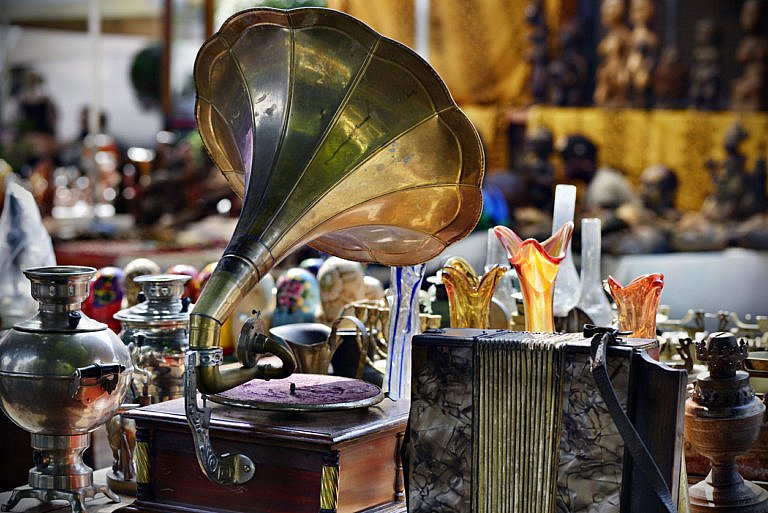Many people begin collecting coins, stamps or other tangible property just because it’s fun to own and display. For some, though, collectibles are a form of long-term investment. If you already have a sizable, valuable collection in your possession, you should have it valued and then protect it as part of your estate.
If you are a resident of Southeastern Massachusetts or Cape Cod, getting in touch with Surprenant & Beneski, P.C. is a wise move. As asset protection and charitable planning attorneys, we can assist you in:
- Putting your collectibles in a trust to leave to your heirs
- Determining whether it is worth expanding your collection as an investment
- Creating a charitable remainder trust to support your favorite institution or charity and minimize taxation
We can assist you in finding a trustworthy appraiser and provide you with insightful counsel on how to manage your collectibles as an investment and a family treasure.
Almost Any Object Can Be a Collectible
Under specific circumstances, and with limited exceptions, any of the following can be considered collectibles:
- Works of art
- Rugs or antiques
- Metals (e.g. gold, silver, platinum)
- Gems (e.g. rubies, diamonds, sapphires)
- Stamps or coins
- Antique furniture, tools, toys, etc.
- Vintage cars
- Baseball cards
- Comic books
- Sneakers (yes, really)
Though any tangible item can be collected and become valuable or retain and expand its value,
historically fine art usually offers the best returns. Generally speaking, however, collectibles may be unreliable investments, particularly if they involve a current trend. Our asset protection attorneys can give you good advice about when and how collectibles can fit into a well-structured estate plan.
Although collectibles are not liquid assets, and though they may fluctuate in value, they may be personally important to you as part of the legacy you leave and, as such, invaluable.
Common Collectibles — Their Pros and Cons
At times, it seems that collectibles choose their collectors instead of the other way around. For example, the ball may start rolling when you inherit a stamp collection or fall in love with antique toys after seeing a museum exhibit. Other times, you may start a collection when you finally have the money to indulge a childhood delight in amassing coins. In any case, many are drawn to the following collectibles:
Fine Art
Fine art, if purchased carefully and kept for a significant length of time, may be a strong investment, though since each piece is unique it’s difficult to assign value. If you are not steeped in knowledge of the art world, you must investigate before you invest. Of course, buying something beautiful that will give you pleasure for decades is unlikely to be a mistake.
Stamps
Stamps have several advantages: they’re small and lightweight, easy to store, and printed in limited batches so they will accrue value over time. They have a track record of being a successful investment.
Rare Coins
In numismatics (the collection and study of coins no longer circulating) the value of the coin has nothing to do with its original value. Its rarity and perhaps a particular alteration or mistake in its manufacture may make it especially valuable.
Toys, Comic Books, Baseball Cards, Model Cars
Childhood delights and obsessions can become worth a great deal of money as they gradually become rare. Most people can think of something they wish they had kept into adulthood for monetary as well as nostalgic reasons.
Sneakers
Believe it or not, eBay has its own sneaker-authentication program. As with other collectibles, mint condition (in this case, never worn) is key to high value. As you might expect though, the trendy nature of this collectible makes it a less dependable long-term investment.
Whatever your collectibles are, the way you store them will have everything to do with how they retain value.
Contact Our Experienced Asset Protection Attorneys Today
The law team of Surprenant & Beneski is well-practiced in keeping all parts of your estate, including your collectibles, healthy and intact. We know how and in what instances to create trusts to shield them from excessive taxation, how they should be insured, and how best to pass them on to loved ones or make them part of your charitable giving arrangements. Make an appointment to discuss the best way to handle your collectibles as part of a comprehensive estate plan.
